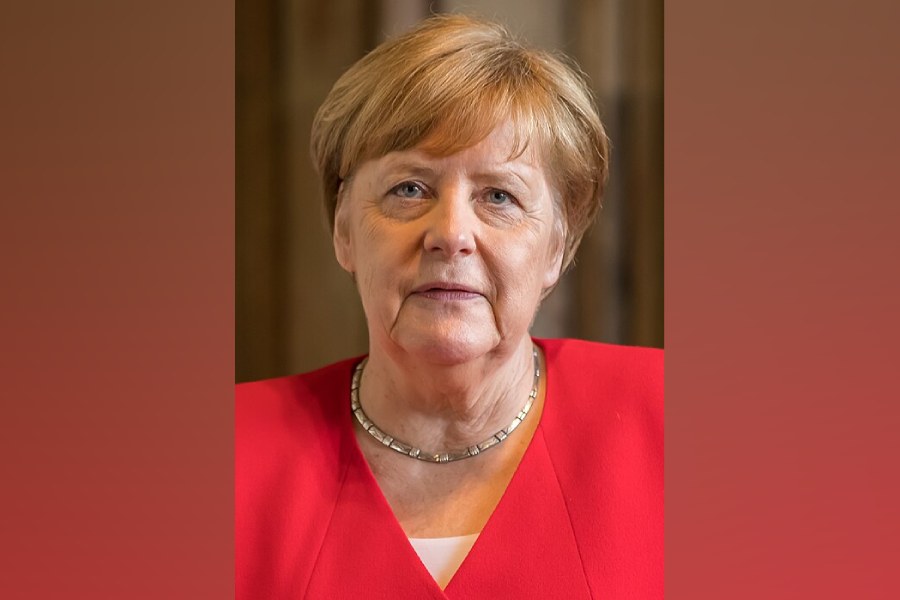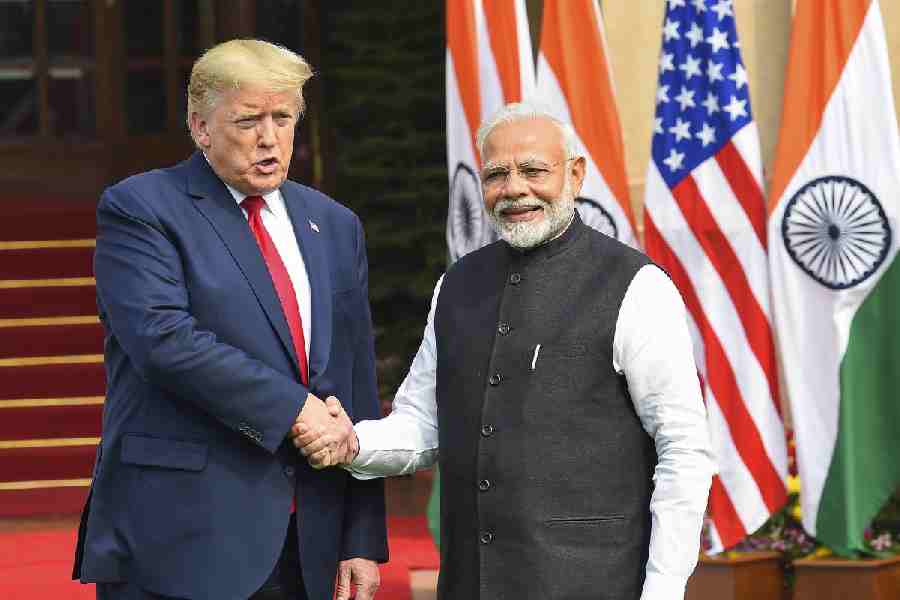New Delhi, May 3 :
The special subject group, set up under the Prime Minister's council on trade and industry to prepare the strategy for a reconvened World Trade Organisation (WTO) ministerial conference, has suggested that India bind tariffs on consumer goods at a minimum of 40 per cent.
The report has also called for a substantial reduction of tariffs by industrialised countries on labour-intensive and low technology manufacturers, where India has a comparative advantage, greater market access for agricultural exports and a shorter timeframe for phasing out the multi-fibre agreement (MFA).
The report, prepared by Rahul Bajaj and N Srinivasan, was presented to the government last week.
It says that a substantial reduction of tariffs by industrialised countries should include the reduction or elimination of tariff peaks, conversion of all specific duty rates into ad-valorem rates and removing tariff escalation. However, in the absence of any agreement on the conversion of specific duties into ad-valorem rates, India should seek the option of levying specific rates of duty for industries where production is highly cyclical and subject to sharp fluctuations.
Also in the wake of quantitative restrictions being phased out completely by April 2001, the group has demanded that tariffs on consumer goods be bound at a minimum of 40 per cent. Tariff lines for many consumer goods were earlier kept out of the binding commitment and instead protected through quantitative restrictions.
Further, applied tariffs for most non-consumer goods being lower than the bound rates, the group has suggested converging bound rates with the applied rates.
The report has also pointed out that the mushrooming of a large number of regional trading arrangements (RTAs) which bypass the WTO, has led to increased protectionism.
It has opposed the possible inclusion of a multilateral agreement on investment on the future agenda of the WTO.
 Thursday, 12 February 2026
Thursday, 12 February 2026










